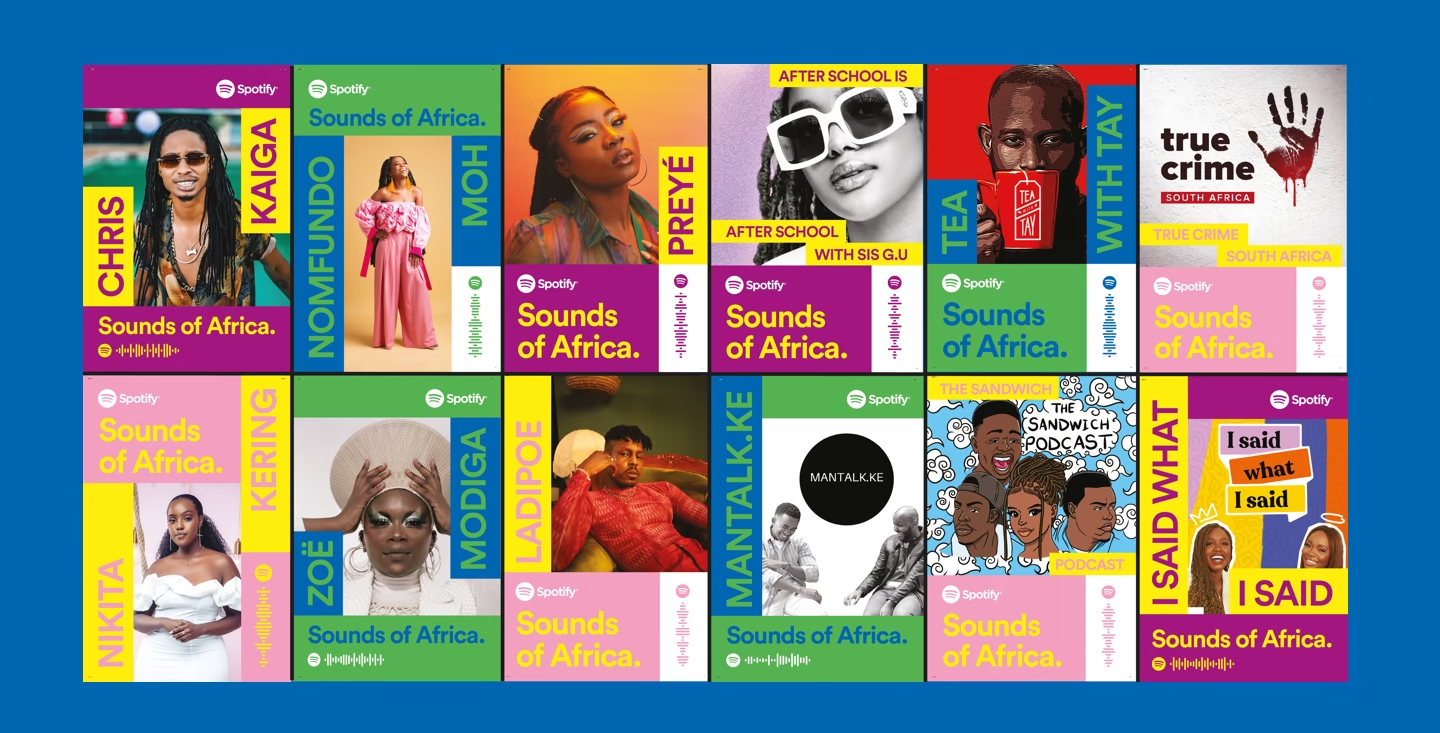Meta has removed 63,000 Nigerian Facebook accounts involved in financial sextortion scams, including 7,200 resources like accounts, pages, and groups. Discover the details of this crackdown and Meta’s new technology to prevent sextortion on Instagram.
Meta Cracks Down on Sextortion Scams, Removes 63,000 Nigerian Facebook Accounts
Meta has made a significant move in combating financial sextortion by removing approximately 63,000 Facebook accounts based in Nigeria. These accounts were part of an elaborate scheme involving financial sextortion scams, where scammers impersonate individuals—often using the guise of attractive women—to lure victims into sending explicit photos. Once the victims have shared these images, scammers would then threaten to publicly release them unless a ransom was paid.
In addition to the removal of these accounts, Meta has also taken action against around 7,200 resources associated with these scams. This includes 1,300 Facebook accounts, 200 Facebook Pages, and 5,700 Facebook Groups from Nigeria. These pages and groups were instrumental in facilitating sextortion scams by providing scammers with detailed scripts and links to collections of images used to create fake identities for catfishing.
Furthermore, Meta has dismantled a coordinated network of around 2,500 accounts operated by approximately 20 individuals. This network was linked to the broader sextortion scam effort, emphasizing the scale and organization behind these malicious activities.
Meta’s investigation revealed that while many sextortion attempts targeting adult men in the United States were largely unsuccessful, there were notable instances where minors were targeted. Meta took immediate action in these cases by reporting them to the National Center for Missing and Exploited Children.
The tech giant noted that financial sextortion, like many forms of cybercrime, often transcends national borders. Over recent years, there has been a noticeable increase in such scams targeting individuals worldwide, predominantly driven by cybercriminals known as Yahoo Boys—Nigerian online fraudsters involved in various scam operations, including financial sextortion.
Meta has enforced its Dangerous Organizations and Individuals policy to combat this issue. This policy is one of Meta’s strictest, leading to the removal of Yahoo Boys’ accounts engaged in such criminal activities whenever they are identified.
Additionally, sextortion often originates from romance scams, with reports highlighting Nigeria’s significant role in online romance fraud throughout Africa. As scammers expand their tactics, there is also a rising trend of targeting mobile games for exploitation.
In response to the growing threat, Meta is testing advanced technologies to prevent victims from falling victim to sextortion scams. Among these innovations is a new auto-blur feature for Instagram direct messages (DMs), which aims to automatically blur images if nudity is detected, providing an added layer of protection for users.
Stay Updated
For the latest updates and technology trends, stay connected with 365marktech.africa. Read more about Meta’s actions against sextortion and new protective technologies to keep informed and safe online.
Stay updated with the latest news and technology trends at 365marktech.africa. Read more and learn how to protect yourself from online threats today!










